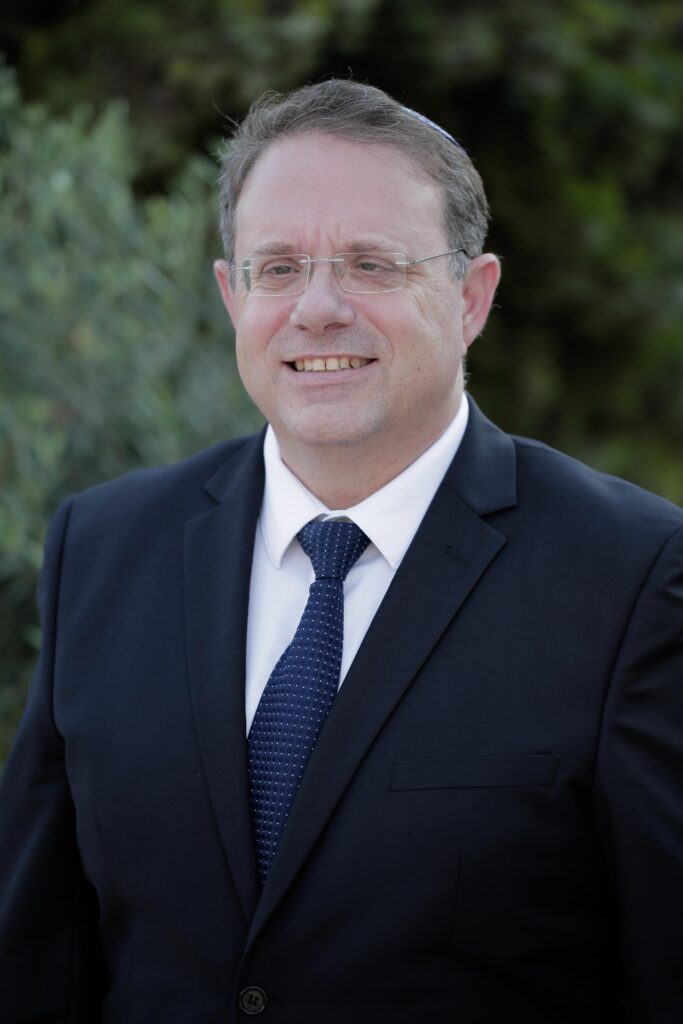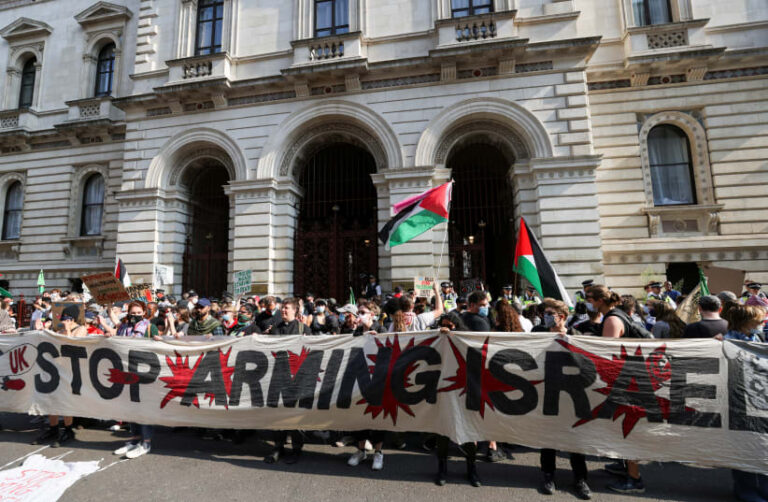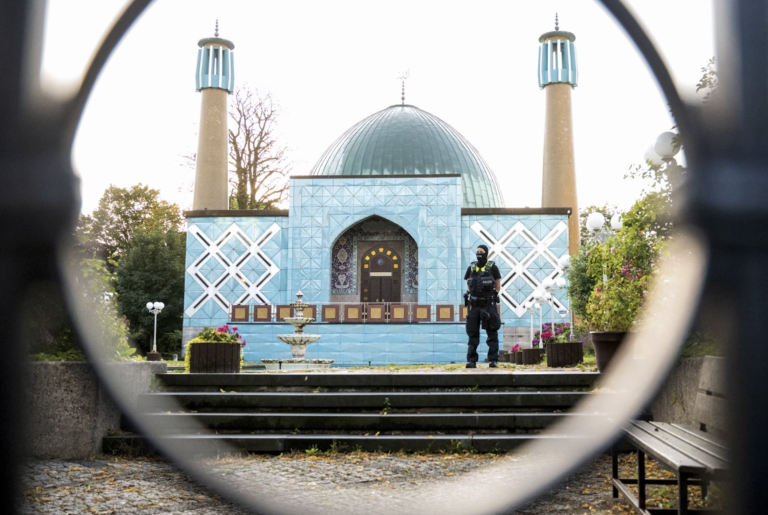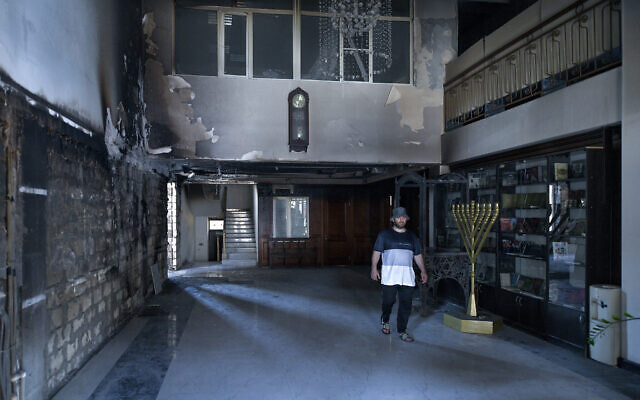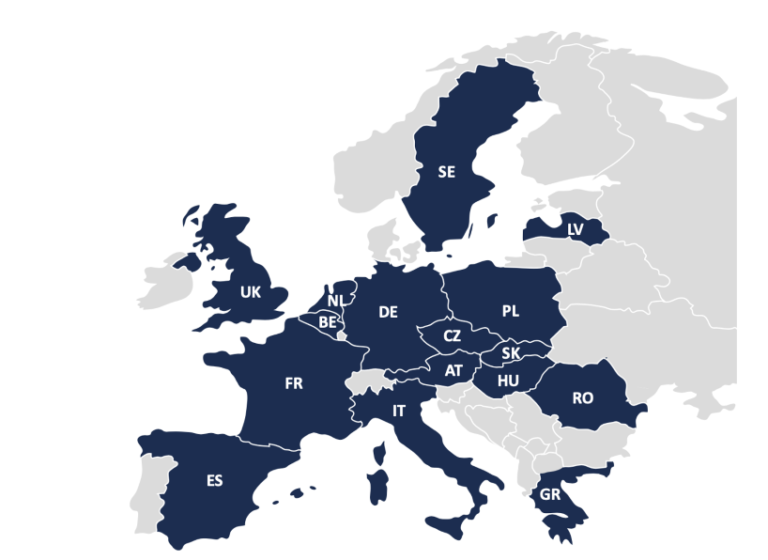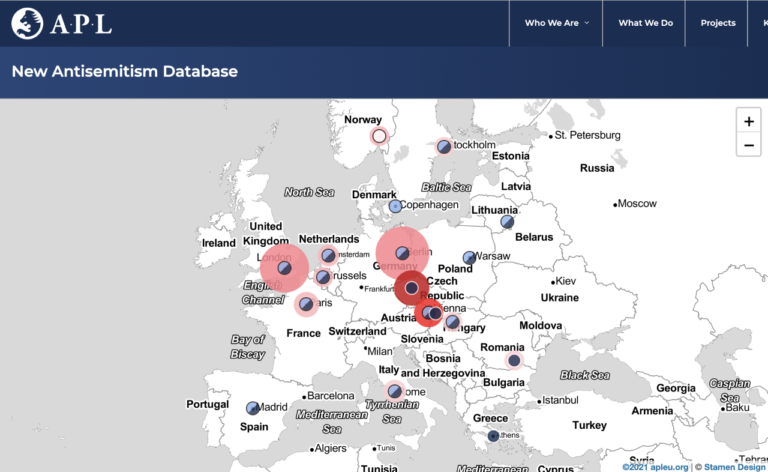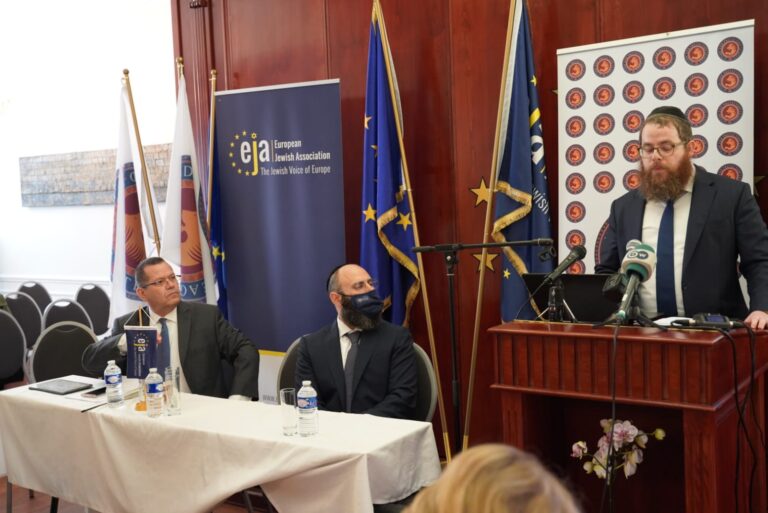The head of the Jewish Agency wrote to PM Bennett, asking him to officially recognize the victims of antisemitic attacks worldwide as Victims of Terrorism.
Every year, on the eve of Yom HaZikaron, Memorial Day (May 3), a memorial ceremony is held in the plaza of the National Institutions in Jerusalem to remember the fallen soldiers of the wars of Israel and the victims of actions of terrorism.
This year, Yaakov Hagoel, the chairman of the World Zionist Organization and the acting chairman of the Jewish Agency, wrote to Israeli Prime Minister Naftali Bennett, asking him to officially recognize the victims of antisemitic attacks around the world as Victims of Terrorism and to commemorate them on Memorial Day, reports The Jerusalem Post. Hagoel’s letter followed a recent antisemitism report, which warned of the increase in antisemitic hostility.
According to the Jewish Agency, around 200 Jews have been killed in antisemitic attacks worldwide since the establishment of the Israeli State. Since the beginning of 2022, there has been a 30% increase in antisemitic incidents in the Diaspora.
Hagoel submitted his appeal to Bennet ahead of the Memorial Day, asking for the official recognition of antisemitic victims of terrorist attacks in the Diaspora. His request was based on a recent report published by the World Zionist Organization (WZO), which indicated a sharp increase in the number of antisemitic incidents since the beginning of 2022 compared to 2021; altogether, 395 antisemitic incidents were recorded, about 100 more than the corresponding period in 2021. There is also a growing trend in incitement and conspiracy incidents, with 156 reported compared to 72 in the corresponding period in 2021. In addition, there was an increase in events and statements related to the delegitimization of Israel.
“On this day, the current sequence of life stops, and Israel remembers its best sons and daughters who were murdered only because they were members of the Jewish people, but precisely on this day that symbolizes more than anything the unity of the Jewish people – the place of an integral part of our nation seems to be forgotten,” Hagoel wrote.
He then argues that despite the obvious connection between the victims of the Holocaust and the victims of people who were killed in antisemitic attacks in the Diaspora, the State of Israel does not yet remember those who are not citizens of the country but who live abroad but are also members of the Jewish people. Hagoel expressed his intention to continue advancing this recognition process with all relevant parties in the State of Israel.
